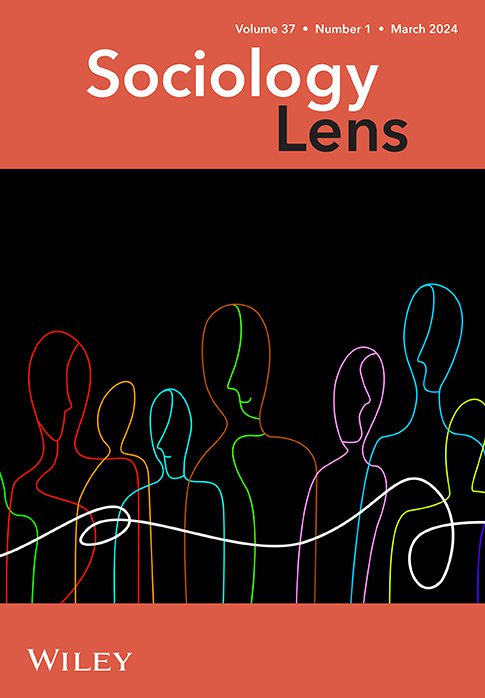
One of the other watchwords of the protest was “scholasticide” — the destruction of education and knowledge. This is obviously a huge problem right now in Gaza, where schools and universities are being obliterated by the Israeli state, and students and teachers are being killed day after day. Some of the most eloquent speakers at the protest connected, with minimal hyperbole or rhetoric, that destruction to what’s happening in New York City public schools and universities, where budget cuts, austerity, and the persecution of pro-Palestine teachers are degrading the state of education in this city.










